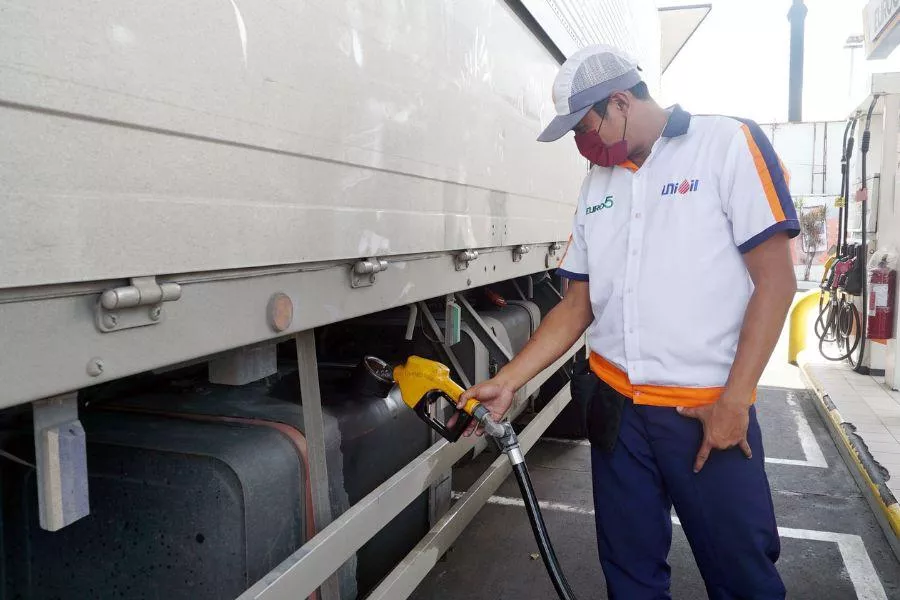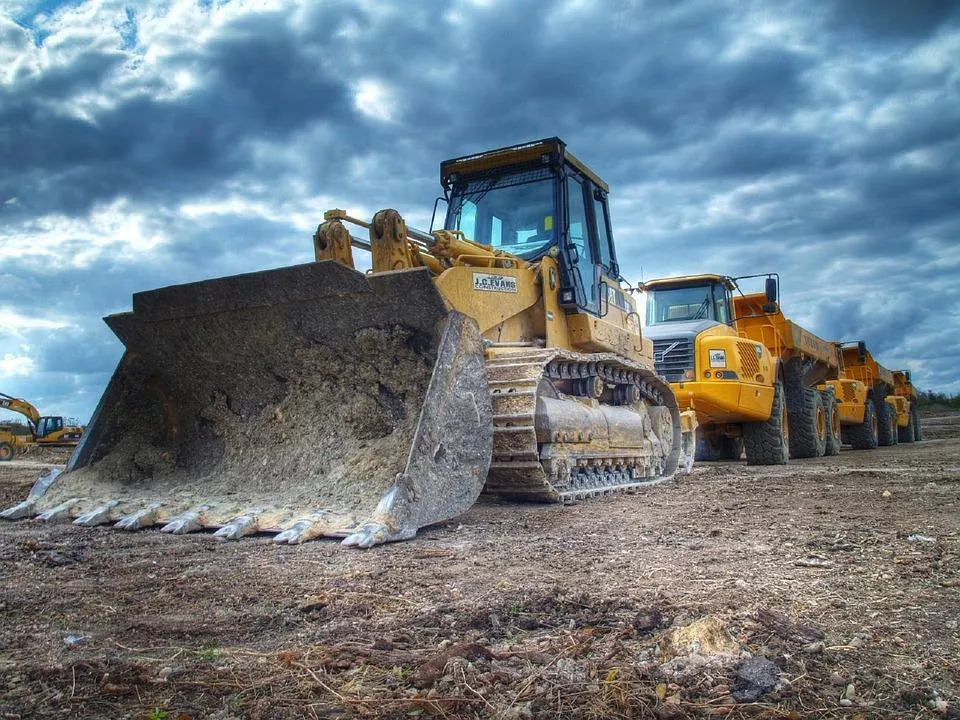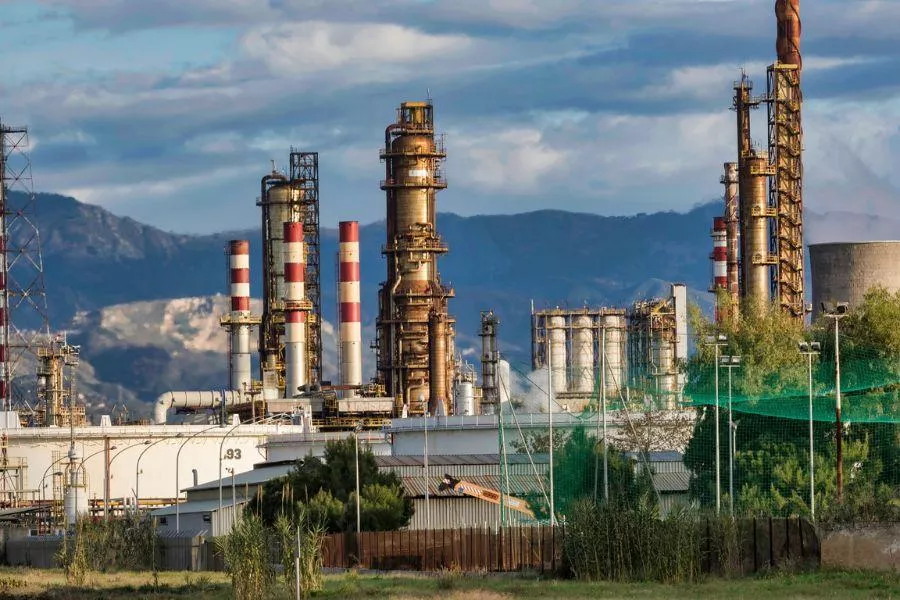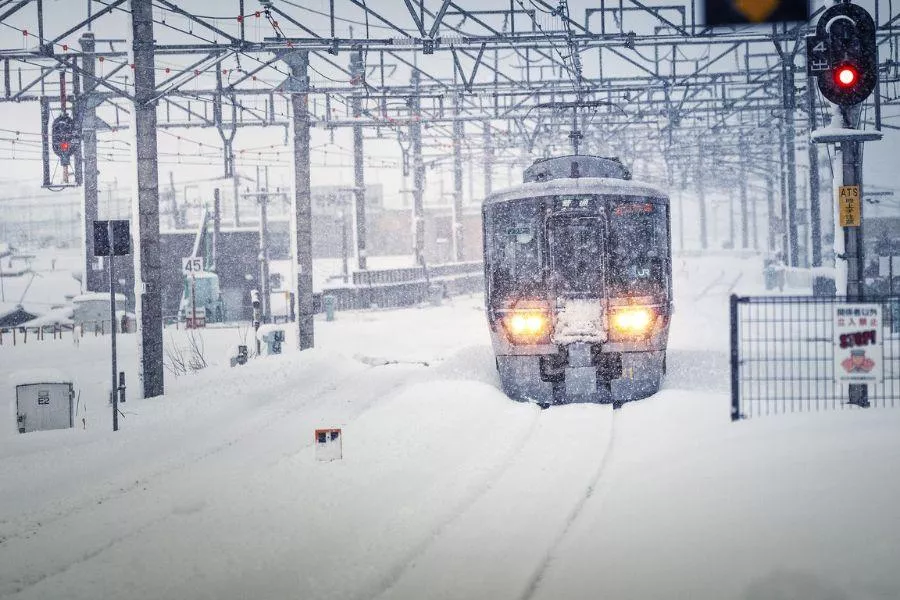Save for a handful of price rollbacks, both gasoline and diesel fuel have become more expensive since the start of the year. Data from the Department of Energy (DoE) as of this writing reflect a net price increase of Php 16.45 per liter for gasoline, while diesel has had a net increase of Php 38.50 per liter so far.

The notion of diesel costing more than gasoline would have been unthinkable a few years ago
Obviously, diesel users are getting the short end of the stick. The discrepancy becomes more evident with each price movement, as diesel has been typically getting a more substantial increase than gasoline. If this is felt by private motorists who can still relatively manage to cushion the financial blow (for now), imagine what the impact would be on drivers working in public transport or delivery, for instance.
Getting a diesel vehicle used to be a popular and prudent choice among car buyers, given the fuel’s relative affordability and power. These days, eyeing a diesel model is likely not for the faint of heart (and finances). But why is diesel becoming more expensive than gasoline now, not just here but in other countries?
Higher demand
As mentioned, diesel is not just for the weekend warrior’s occasional off-road jaunts in an SUV or using a pickup to haul a dirt bike to the nearest motocross event. The fuel is a vital part of public transport, used by jeepneys both traditional and modern as well as buses.

Diesel has a wide range of applications, translating into huge demand
Diesel is also a staple in ships and trains that carry freight across great distances, as well as the trucks that receive the cargo. Power generators rely on diesel fuel to run when the grid goes down. Manufacturing and construction are also two sectors that use equipment powered by diesel, apart from military and defense applications. All of them paint an image of constant and near-insatiable demand.
The cost of refining
As a less-refined byproduct compared to the more elegant gasoline, diesel has been traditionally cheaper in terms of production and refining. But increasingly stringent environmental regulations are forcing oil companies to step up and match gasoline’s reduced emissions, adding on to the cost of distilling diesel fuel.

Increasingly stringent emissions standards mean that diesel gets more expensive to produce
In 2006, the U.S. Environmental Protection Agency began to significantly limit the sulfur content in diesel fuels, citing studies that show airborne sulfur matter’s toxicity to both humans and the environment. Eight years later in 2014, the agency began to mandate the sale of the ultra-low-sulfur diesel (ULSD) in the U.S., reducing both pollution and energy density (less fuel economy per liter) while increasing production costs.
There are also international protocols such as the Euro emissions standard by the European Union and India’s Bharat standard. Both aim at regulating the levels of particulate matter produced by internal combustion in their respective jurisdictions, and vehicles that must meet these requirements will consequently need to run on fuel that complies with regulations as well.
Taxes
Diesel, at least in the U.S., is taxed differently from gasoline. As of July 2022, America imposes a levy of 18.4 cents (Php 10.80) for every gallon (almost four liters) of gasoline, compared to 24.3 U.S. cents (Php 14.32) on the equivalent volume of diesel.
In addition to this federal tax, each U.S. state tacks on additional duties on both fuels, with diesel costing $7.55 (Php 443) higher on average. The reason diesel is taxed so much is because its primary users such as trucks and buses tend to be heavier than the average motor vehicle, leading to faster deterioration of roads.
Seasonality
Believe it or not, the seasons also have an effect on diesel prices. One barrel of crude oil can produce a number of petroleum products, ranging from gasoline and kerosene to diesel and home heating oil.

The winter season corresponds to an increased demand in heating oil
The problem lies in the fact that refiners are unable to process these products simultaneously, so they focus on those with the highest demand at a given time. This usually means that refinement of gasoline is prioritized for passenger vehicles as opposed to diesel fuel that’s largely reserved for commercial purposes. So when diesel supply dips, the price goes up.
When the winter months arrive, oil companies will place production of home heating oil which is similar to diesel fuel. While this often results in increased diesel supplies and price drops, a particularly cold winter season can place pressure on refiners to keep producing home heating oil, placing diesel production farther down on the agenda.

The war in Ukraine continues to stoke fears of an oil shortage and global recession, driving fuel prices higher
The situation has been aggravated by Russia’s ongoing invasion of Ukraine. While the European Union is set to stop Russian diesel imports by February 2023, the U.K. has already gone ahead with the ban. This is significant as the country sources one-third of its diesel requirements from Russia. Furthermore, Europe is reducing its reliance on gas and hedging off its diesel supplies to survive the coming winter.
And when developed nations are already grappling with the effects of high diesel prices, it’s already a foregone conclusion that emerging economies such as the Philippines will also feel the strain.
Find out more of what influences fuel price movements at Philkotse.com.
Recent posts
- P100 per liter fuel not likely doe says Jun 08, 2022
- fluctuating fuel prices explained May 27, 2022
- Pros & cons of buying diesel vs gasoline cars in the Philippines Feb 21, 2023
- filipinos addicted diesel Oct 28, 2022












